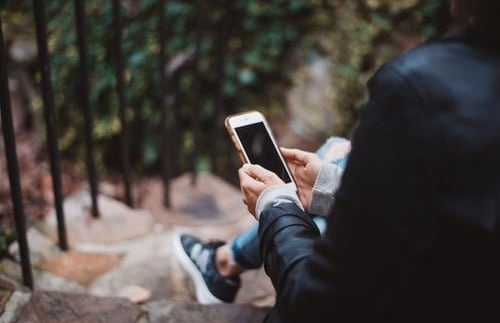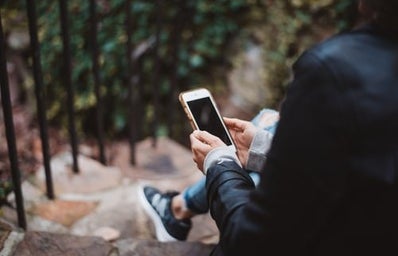Since I was eight, I attended a summer day camp about 10 minutes away from my house. When I grew out of the camp, I was a counselor in training for a year, before getting hired as a Junior Counselor the summer after my freshman year of high school. My years as a camper were some of my fondest childhood/early teenage memories.
Last week, I let my boss, the owner of the camp, know that I would not be coming back for a sixth year as a counselor. Looking back, I formed some valuable relationships with the people I worked with and the campers I spent more time with than I did with my own family for nearly eight weeks every summer.
This past summer, I was assigned to the oldest group of girls in the camp. Each week, there were anywhere from 15-35 girls under the supervision of three college students. And it was terrifying. Especially when I looked back on my own experience being in this age group at this camp not that long ago. To illustrate how drastic this change was, I need to backtrack a little and tell you some things about me.
I did not get my first social media account, Instagram, until I was in fifth grade (around 2015), which I’ll admit was a bit late for my age group and generation. But when I got it, I was mostly using it to look up funny memes or pictures of food. I also had an iPod touch, which meant I couldn’t use it without Wi-Fi. Therefore, I kept it at home when I went to camp.
I got my first phone when I was in seventh grade, which was definitely old for my age. Still, I was an avid rule follower, so I never touched my phone at camp unless I was in the bathroom, or a counselor said I could. At this point, I had heard other people in my group, the oldest of the camp, mention that they were going to search for our counselor’s name on Instagram. I thought it was funny, but I had no desire to do it myself, even outside of camp. It seemed like an invasion of privacy.
When I arrived at work this past summer, I knew that my experience as a counselor would be vastly different from my experience as a camper at their age. Within a week, the girls were asking me if I had TikTok, what my last name was, and if I could follow them on Instagram. They mention that they had found one of the other counselors, who was my age, drinking on her TikTok. As soon as I was off the clock, I put my TikTok, the only public social media account I have, on private.
I had always been told to put my social media accounts on private so that strangers and creeps would not be able to follow me. But my experience working with young teenagers this summer taught me a new level of privacy. I tried to keep my work life separate from my real life, although I occasionally talked about my family and school when campers or counselors asked. But I only told them what I was comfortable telling them. Social media, reality, and work do not mix. The versions of myself that I feel comfortable showing in those separate capacities are vastly different from the authentic version of myself that I feel like barely any people really know.
In a place like a summer camp, I feel like these differences are even more apparent. Some of the kids are neighbors or go to school with each other, but I felt like I stuck out like a sore thumb. Out of all the camp friends I made, only one stuck around to be a counselor, and she was with the youngest age group. In terms of the counselors who I’ve gotten to know casually over the years, I feel like I only know the version of them that exists in my sun-soaked memories. Sure, I follow some of them on social media, but that couldn’t be farther from the truth. And everything I am writing in this article has been carefully thought over and edited to appear interesting to the couple hundred people who will (hopefully) read this.
I guess the point I want to make is that everyone has different perceptions of everything. We also have different versions of ourselves that, either consciously or unconsciously, we present to other people. And while some people might think that it’s not that deep, I think it’s really interesting how this is something that almost everyone does. And I think it is interesting to think about how we communicate differently with people we have known our entire lives and people that we just met.


